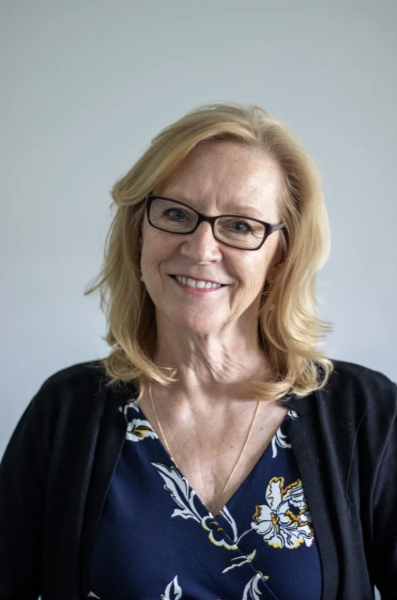Nelson Mandela: A Mentor and Leader
Feb. 11, 1990, Kelly Barah glued his eyes to the television, along with various other friends and family members, to watch Nelson Mandela’s first public speech as free man after 27 years in prison as Barah heard mother began to cry.
Barah lived in Africa during Mandela’s anti-apartheid movements, a time that made him who he is today. Mandela helped abolish apartheid, South Africa’s oppressive government from 1950-91, and became one of the most prominent advocates for human rights and equality.
“When you grow up in Africa, it seems like you hear [about Nelson Mandela] right from birth,” Barah said. “The speech he gave, coming out of prison, with no anger, no animosity, he created who I am today.”
After his release, Mandela resumed his political activity and was directly involved in the country’s desegregation. On May 10, 1994, he became South Africa’s first black president.
“I’ll sum [Nelson Mandela] up in two words: mentor, leader,” Barah said. “Just like any real leader, he was able to put everything together and show people the way we should be doing things.”
Mandela’s style of leadership was similar to that of Gandhi–peaceful, but effective. Mandela assembled the Truth and Reconciliation Commission, in which previously active Apartheid participants recount their experiences and receive forgiveness from black witnesses.
“It’s always about inclusion, it’s always about doing things the right way, not carrying any anger,” Barah said. “The world would be an amazing place if we [taught his teachings].”
Mandela’s leadership style has inspired influential leaders today, like Barack Obama, and will inspire future leaders. His movements for forgiveness and equality have impacted not only South Africa, but also the rest of the world.
On Dec. 5, 2013, former President of South Africa Mandela died at age 95.
“Mandela was all about life; he was all about family,” Barah said. “Those are the only things that mattered in the world.”








